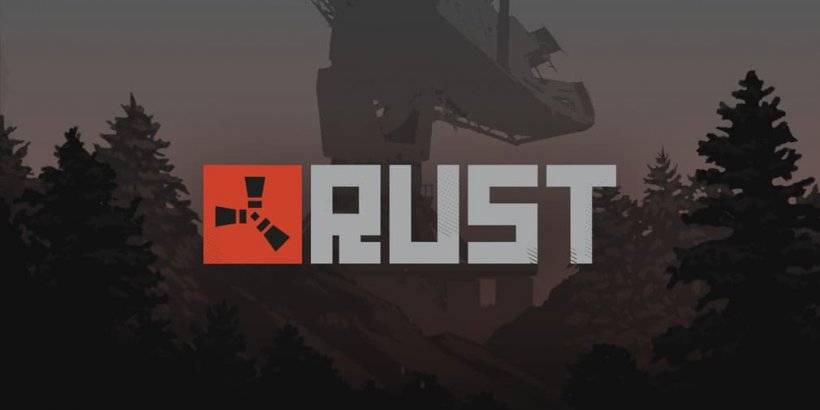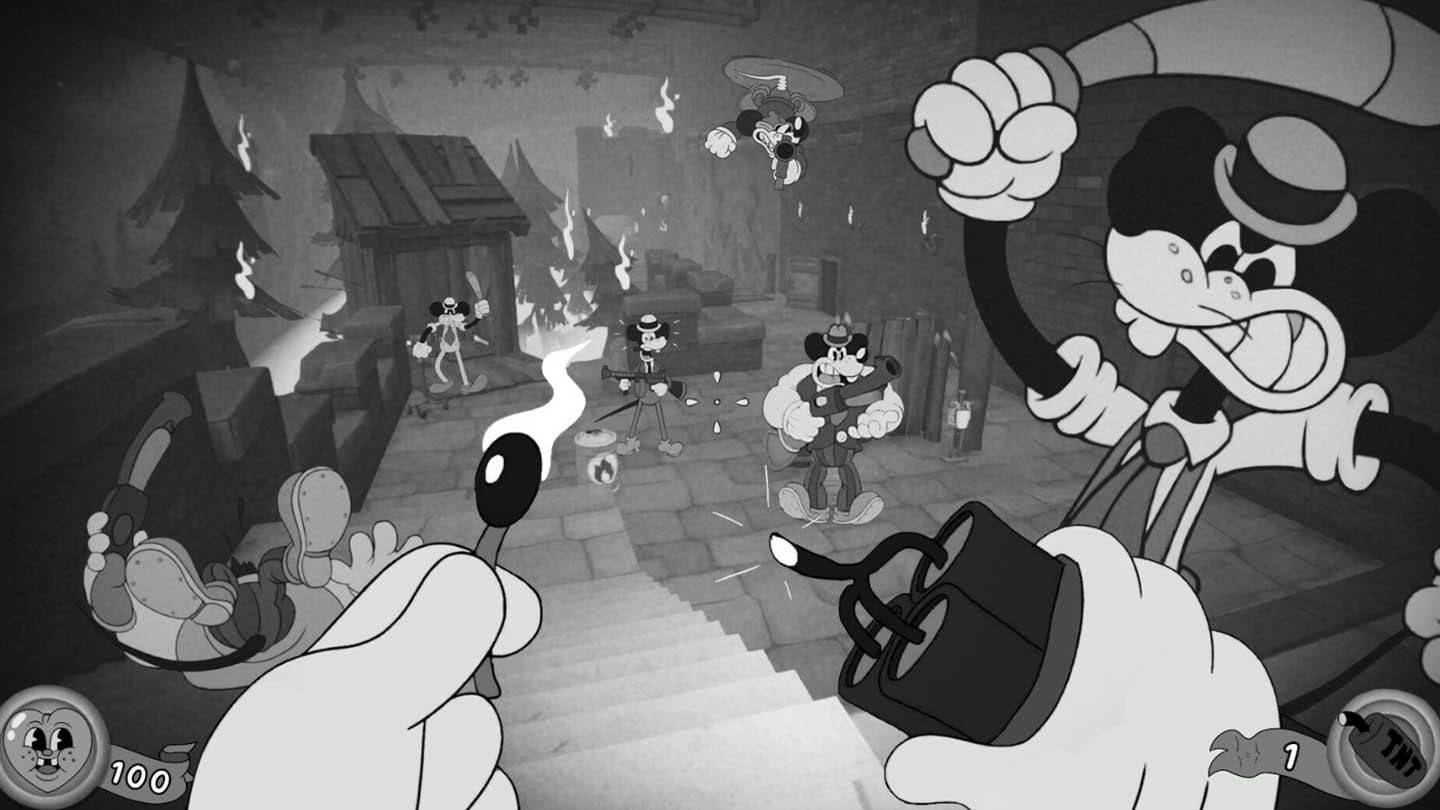Author: BellaReading:3
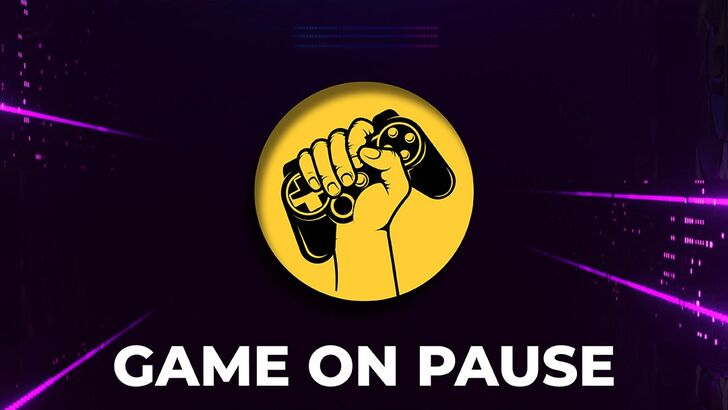
The gaming industry is on high alert as SAG-AFTRA, the union representing voice actors and performance artists, has authorized a potential strike against major video game companies. This move is part of an ongoing battle for fair labor practices and the ethical use of artificial intelligence (AI) in the industry. Let's delve deeper into the situation.
SAG-AFTRA's Press Release
On July 20, the SAG-AFTRA National Board held a crucial video conference and unanimously voted to authorize the National Executive Director & Chief Negotiator to call a strike if necessary. This strike would affect all services covered under the Interactive Media Agreement (IMA), with all SAG-AFTRA members ceasing work on projects under this contract. The central issue at hand is securing essential AI protections for video game performers.
National Executive Director & Chief Negotiator Duncan Crabtree-Ireland underscored the union's determination, stating, "Our resolve is unwavering and should not be tested. Our membership voted more than 98% yes to authorize a strike of this contract should the employers not come to the table with a deal that includes our critical provisions, especially in AI. We are steadfast in our commitment to our membership who work this contract and whose extraordinary performances are the heart and soul of the world's most popular video games. Time is running out for the companies to make a deal."
The Issues at Stake and Impact on the Gaming Industry
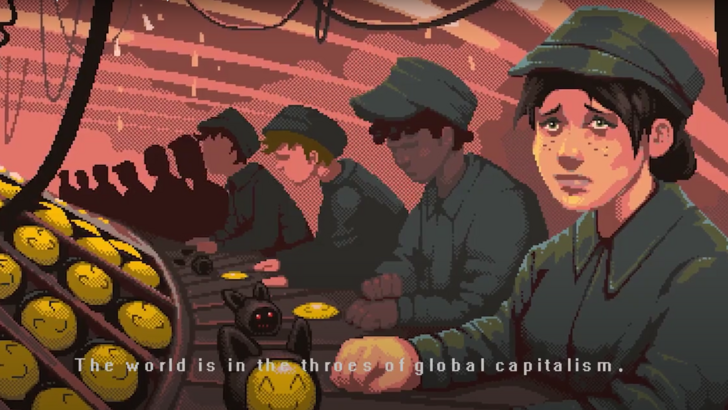
The potential strike revolves around several key issues, including the current lack of regulation on AI in voice acting and performance capture. Voice and performance actors are concerned about AI replicating their likeness without proper protections. Many actors prefer to be compensated for their actual performances rather than having their likeness used by AI. Even if they consent to such usage, they demand clear guidelines and fair compensation.
SAG-AFTRA members are also pushing for wage increases to match inflation, with requests for "11% retroactive to expiration and 4% increases in the second and third years of the agreement." They are also advocating for enhanced safety measures on set, such as mandatory five-minute rest periods each hour, the presence of medics during hazardous work, protections against vocal stress, and the elimination of stunt requirements in self-taped auditions.
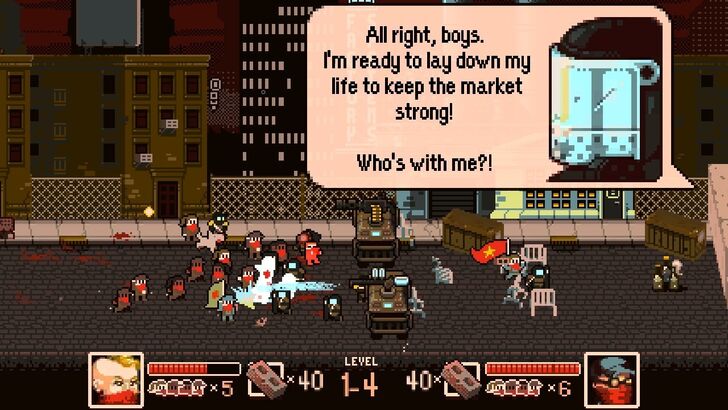
The impact of a strike on video game production is uncertain but could potentially delay certain phases of development. Unlike TV and film, video game development often spans several years, which might mitigate the immediate impact of a strike on game releases.
Companies Facing Negotiations and Their Stances
The strike targets 10 major companies, including:
- Activision Productions Inc.
- Blindlight LLC
- Disney Character Voices Inc.
- Electronic Arts Productions Inc.
- Epic Games, Inc.
- Formosa Interactive LLC
- Insomniac Games Inc.
- Take 2 Productions Inc.
- VoiceWorks Productions Inc.
- WB Games Inc.
Among these, Epic Games has publicly supported SAG-AFTRA's stance. CEO Tim Sweeney tweeted, "Epic supports the Screen Actors Guild's view that game companies shouldn't receive generative AI voice training rights on dialog recording sessions." No other companies have issued statements at this time.
History of the Negotiation

The conflict's origins trace back to September 2023, when SAG-AFTRA leadership sought member authorization for a strike ahead of contract negotiations. The vote resulted in overwhelming support, with 98.32% in favor. Despite ongoing negotiations, no new agreement has been reached since the previous contract expired in November 2022 and was extended.
This struggle echoes a previous strike in 2016, when SAG-AFTRA members struck against 11 major studios over similar issues, including base pay, health and safety, and residual pay. That strike lasted 340 days and concluded with a compromise, though many members remained dissatisfied.
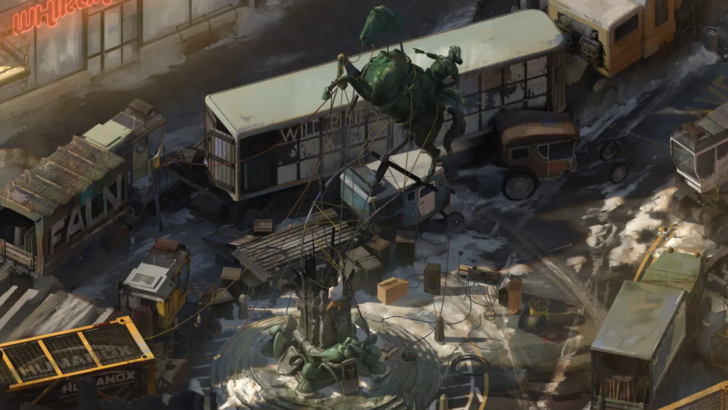
In January 2024, SAG-AFTRA faced backlash over a deal with Replica Studios, a third-party AI voice provider. This agreement, allowing members to license their voices to AI, was perceived by many as a betrayal, further intensifying the union's internal tensions over AI's role in performance capture.
The authorization of a strike by SAG-AFTRA marks a critical juncture in the fight for fair labor practices in the gaming industry. As negotiations persist, the industry is keenly observing, aware that the outcome will significantly affect the use of AI in performance capture and the treatment of video game performers. In an era of rapid AI development, it is crucial to protect individuals and ensure AI enhances human creativity rather than supplanting it. The stakes are high, and the potential impact of a strike emphasizes the urgent need for a resolution that addresses the union's critical concerns.

 LATEST ARTICLES
LATEST ARTICLES 
